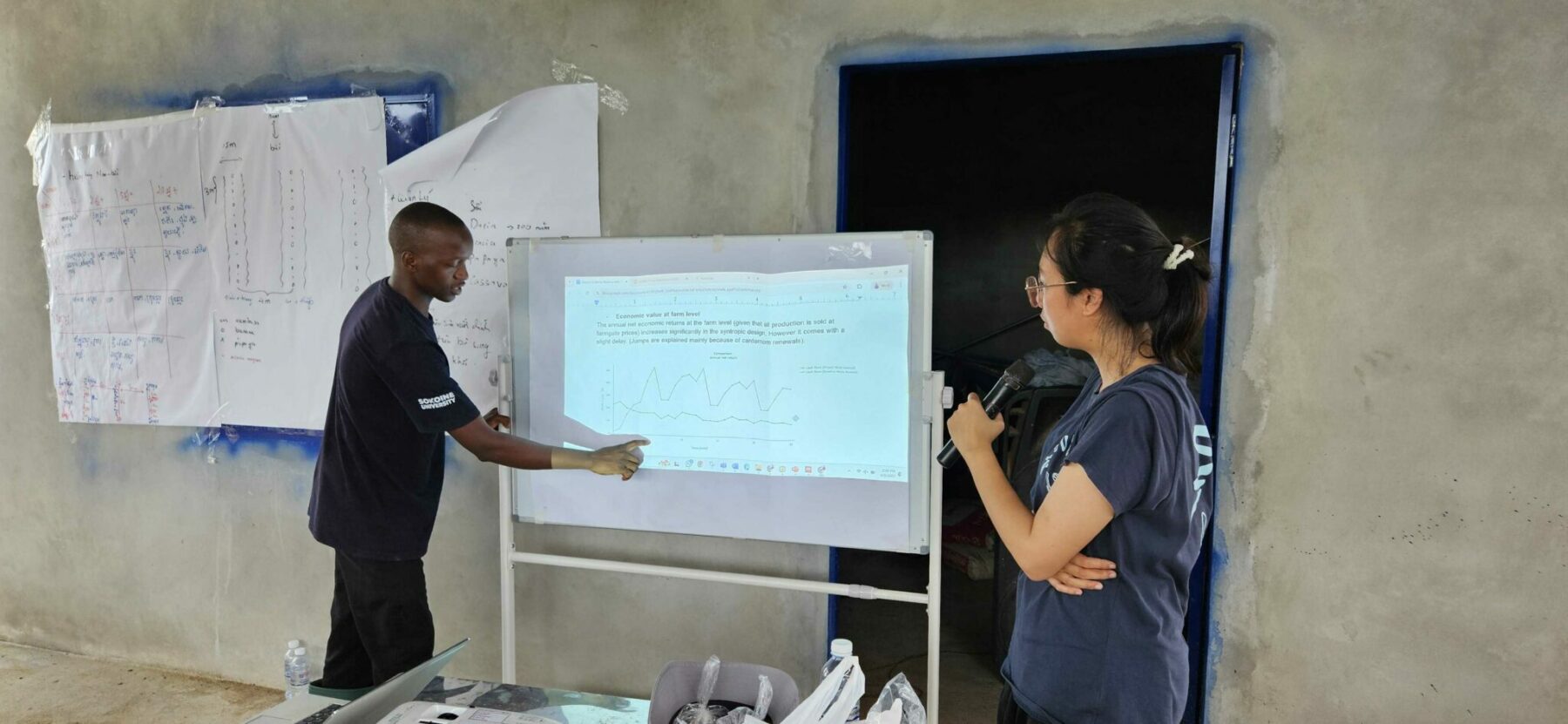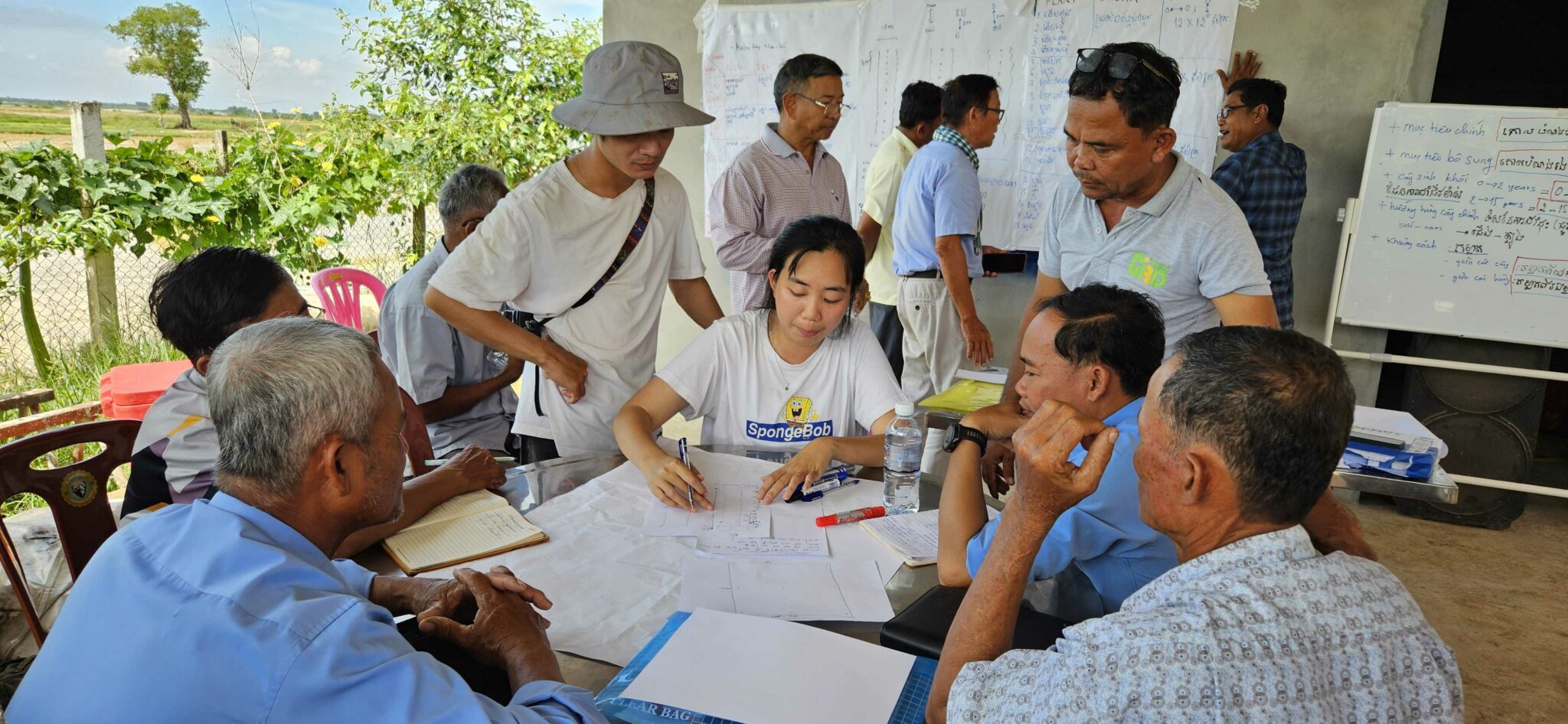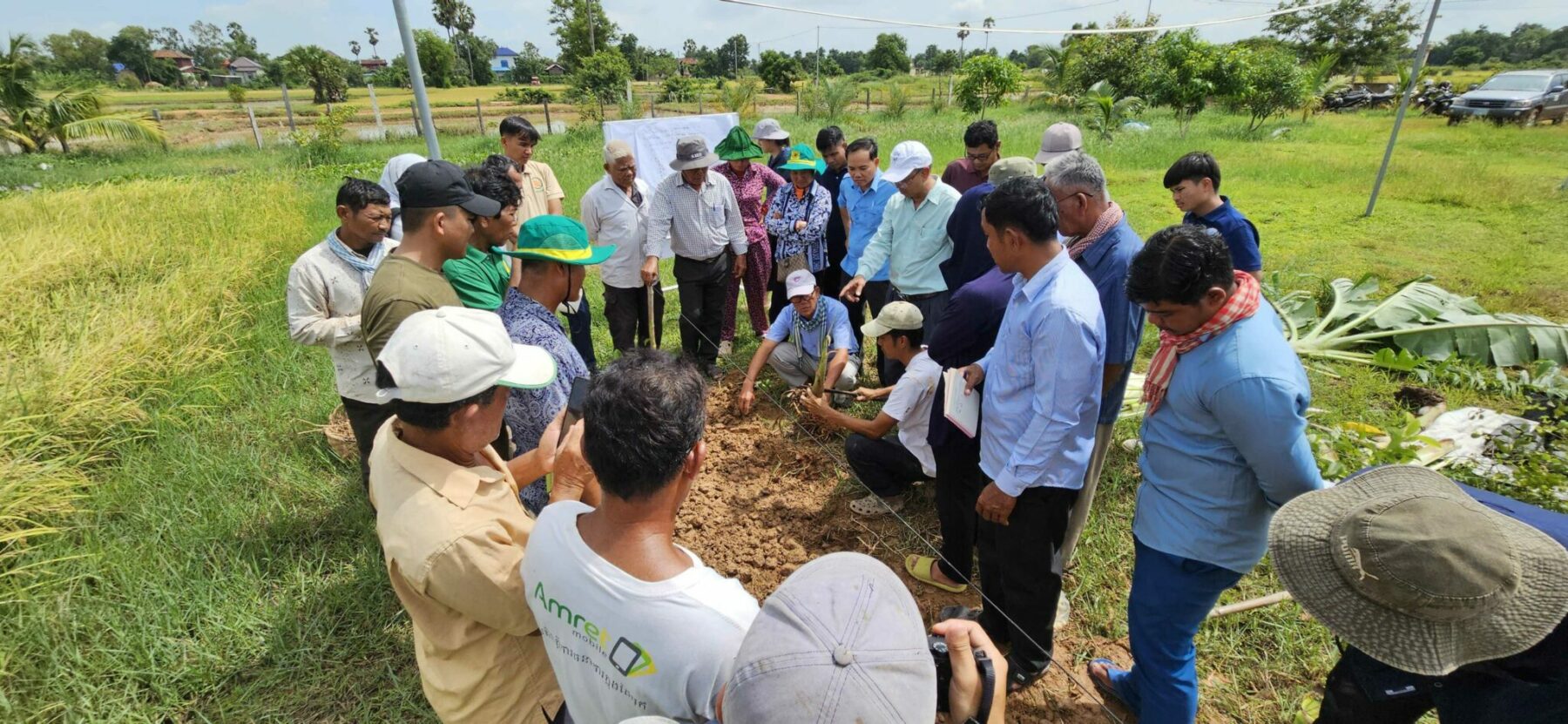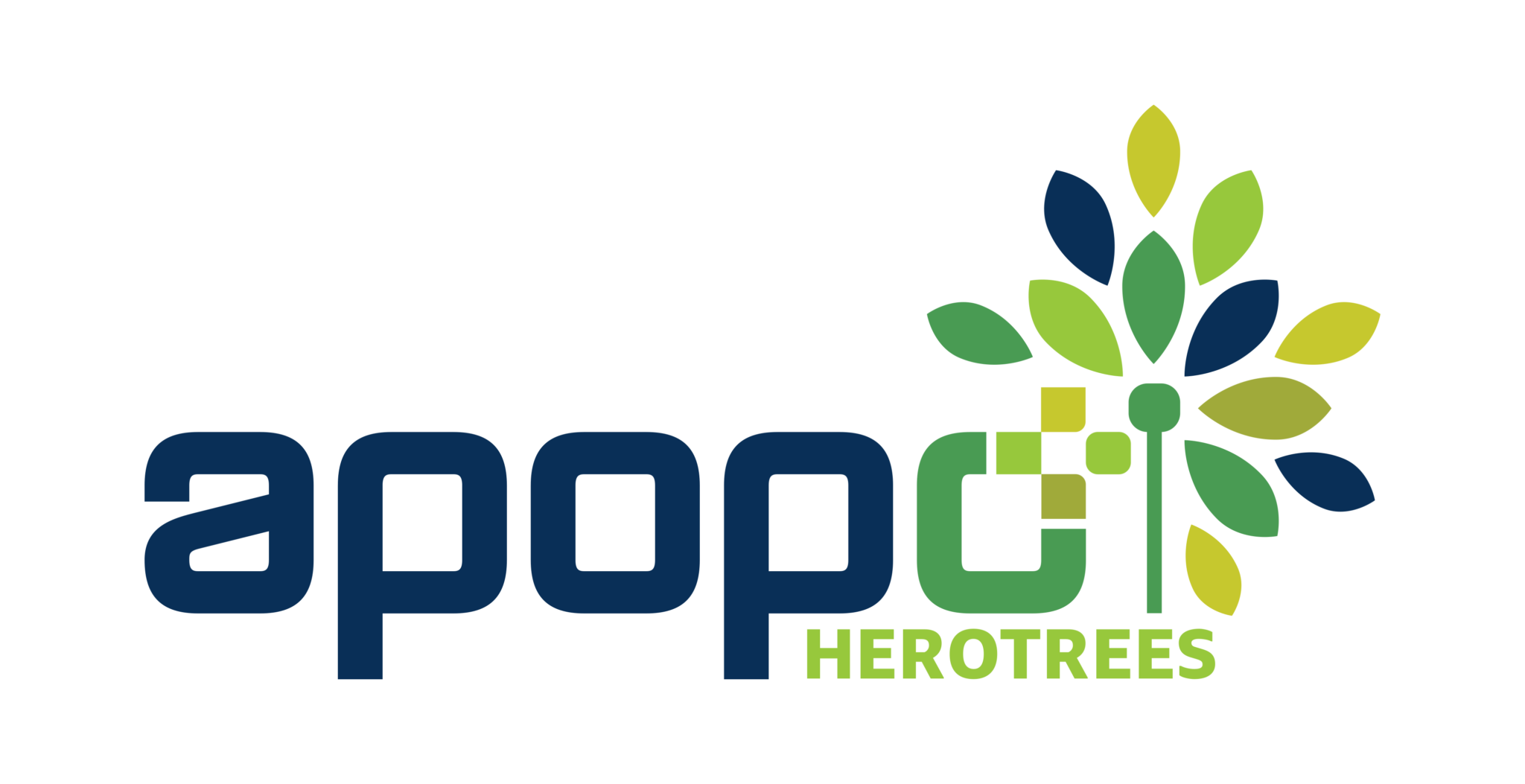On 8 September 2025, APOPO launched its first training sessions under the Syntropic Agroforestry Innovation Accelerator in Skun, Cambodia, a village near the Mekong River. The program welcomed 25 participants representing farmer organizations, cooperatives, and academic institutions. This marks the first time the Food Forest model is being introduced in Cambodia through APOPO’s HeroTREEs program.
A New Approach to Sustainable Agriculture
The Accelerator program, initially established at APOPO’s headquarters in Tanzania, is designed to promote regenerative agriculture in areas recovering from landmine contamination and soil degradation. By introducing syntropic agroforestry, a method that improves soil health, biodiversity, and climate resilience, it aims to support communities in building long-term, sustainable land use systems. Cambodia has been selected as the pilot site, with the intention of expanding the approach to other post-conflict regions in the future.
The training combined theoretical sessions with practical field work, equipping participants with both the knowledge and tools needed to begin implementing syntropic farming techniques. These participants are expected to act as catalysts within their own networks, bringing syntropic agroforestry practices to more farmers and community members across the country.

Training Farmers and Building Local Capacity
In addition to strengthening local agricultural capacity, the Syntropic training complements broader goals of sustainable land use and community-led development. By integrating agriculture with ecological restoration, the program also contributes to climate adaptation strategies, particularly in regions affected by erratic weather patterns and soil degradation.
The Syntropic Agroforestry Innovation Accelerator implementation in Cambodia is part of APOPO’s wider effort to support recovery and development in mine-affected communities. This includes transitioning cleared land into productive use, which is central to the Minefields to Ricefields (M2R) Development Impact Bond (DIB). The M2R project supports farmers with technical guidance and access to resources so they can farm safely and sustainably on land that was once contaminated by explosives.
The Development Impact Bond is an innovative financing model in which private investors provide upfront capital to fund a project. They are repaid by outcome funders, such as development agencies or philanthropic institutions, only if independently verified results are achieved. In the case of M2R, payments are tied to measurable outcomes such as the number of hectares cleared and put into productive use, and the improvement of farmers’ incomes. This results-based model ensures accountability and encourages meaningful, lasting impact.

The partnership with the Cambodian Institute for Research and Rural Development (CIRD) ensures that the SAF approach is adapted to the Cambodian context. CIRD staff trained during the workshop will conduct field trials with M2R farmers to further refine and localize the method.
“This marks an important step in establishing a Community of Practice for Syntropic Agroforestry in Cambodia and lays the groundwork for future demonstration sites and collaborative scaling efforts under the Accelerator framework,” said Alex Wostry, APOPO’s HeroTREEs and Sustainability Manager. “Importantly, the Cambodia launch also connects to the broader SAIA network in Tanzania and creates opportunities for regional exchange in regenerative farming.”
Looking ahead, APOPO plans to establish demonstration sites that serve as learning hubs for both farmers and partners. These locations will showcase Syntropic Agroforestry in action, offering a space for practical experimentation and peer-to-peer learning that can inform future scaling.
Sign up to APOPO’s Syntropic Agroforestry Newsletter for regular updates about our program.


